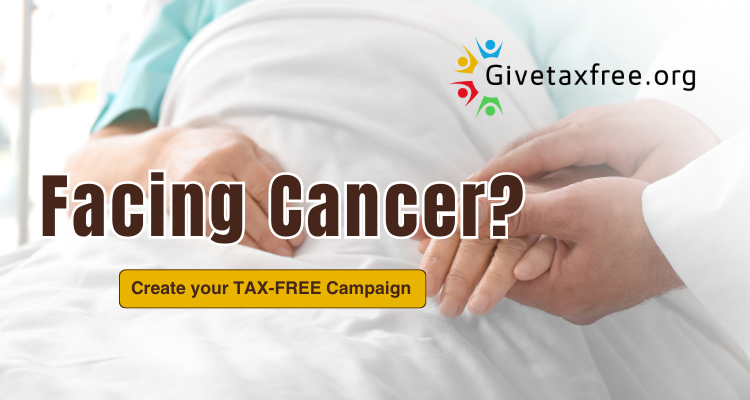For our second Gastro Journal Club, we are honored to host Professors Johan Hardvik Åkerström and Jesper Lagergren from the department of molecular medicine and surgery at the Karolinska Institutet. They are joined by residents from the McMaster University gastroenterology division for a discussion of the article “Antireflux Surgery Versus Antireflux Medication and Risk of Esophageal Adenocarcinoma in Patients With Barrett’s Esophagus,” published in the January 2024 issue of Gastroenterology: https://www.gastrojournal.org/article/S0016-5085(23)04980-6/fulltext
Outline of the meeting:
[0:06] Introduction.
[2:20] Article discussion.
[9:17] In terms of the methodology of this article, how would a case-control study have compared with a cohort study?
[11:21] How do the authors think the availability and advances in endoscopy during the study period may have affected the outcomes and potentially the decision not to undergo surgery?
[13:00] Patients are often on anti-reflux medications prior to anti-reflux surgery. How do the authors think this exposure to medication affected the results of the study in terms of risk of esophageal adenocarcinoma?
[14:43] Does having surgery make patients think that they do not need to take medication, and therefore, in the long run, the risk for cancer increases?
[17:59] It seemed that the follow-up time in the medication management group was shorter than that in the surgical patient group. Is it possible that incident cancer was missed later in that group?
[19:35] How much do the authors think that other risk factors, such as smoking or alcohol use, contributed to the risk of esophageal cancer in these patients?
[22:01] If surgical patients have better symptomatic recovery in the postoperative period and thus are less likely to have repeat screening in the absence of symptoms, could that lead to more cancer?
[23:57] The medication group were older, so could the results have been influenced by competing causes of mortality?
[26:13] Conclusions.
The Gastro Journal Club is by and for fellows and residents. During these sessions, fellows and residents have the opportunity to ask authors questions about their recently published work in Gastroenterology. If you are interested in arranging a Gastro Journal Club session at your institution, please contact mpogachar@gastro.org.

Welcome to GIVETAXFREE.ORG - NON-PROFIT Crowdfunding Site
Gastro Journal Club: Antireflux Treatment and Risk of Esophageal Adenocarcinoma [Video]
Categories

Why GIVETAXFREE.ORG Should Be Your GO-TO Platform!










![US author Paul Auster dies aged 77 after a battle with cancer [Video]](https://crowd-funding.givetaxfree.org/wp-content/uploads/2024/05/mp_259517_0_15150x150png.png)

![Case Sample - For presentation / Exam(FCPS,MS) - Carcinoma Stomach [Video]](https://crowd-funding.givetaxfree.org/wp-content/uploads/2024/04/mp_258282_0_0jpg.jpg)
![Combining Gemcitabine With CXCR4, PD-1 Inhibitors for Pancreatic Ductal Adenocarcinoma [Video]](https://crowd-funding.givetaxfree.org/wp-content/uploads/2024/04/mp_258276_0_0jpg.jpg)
